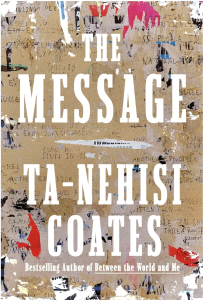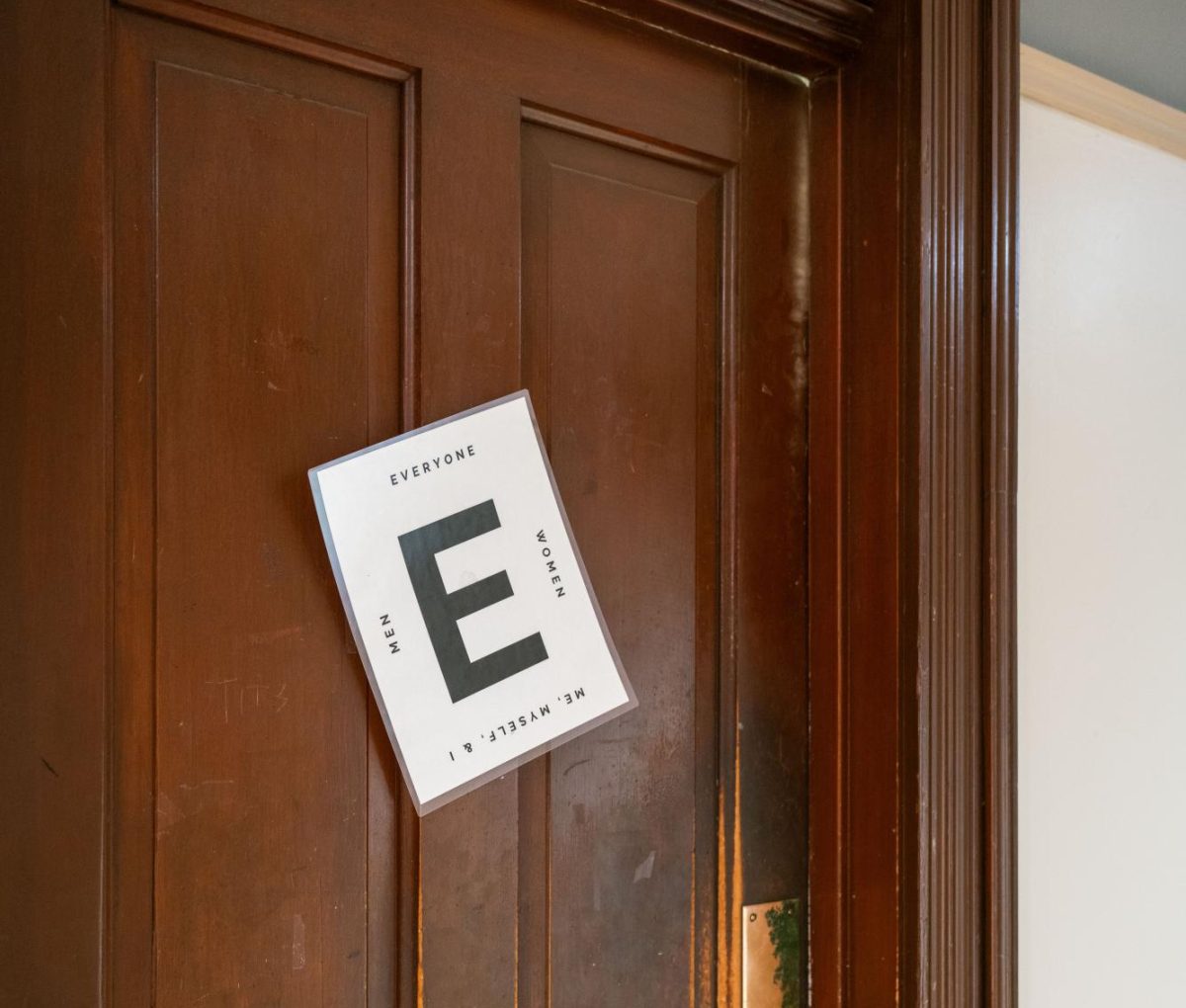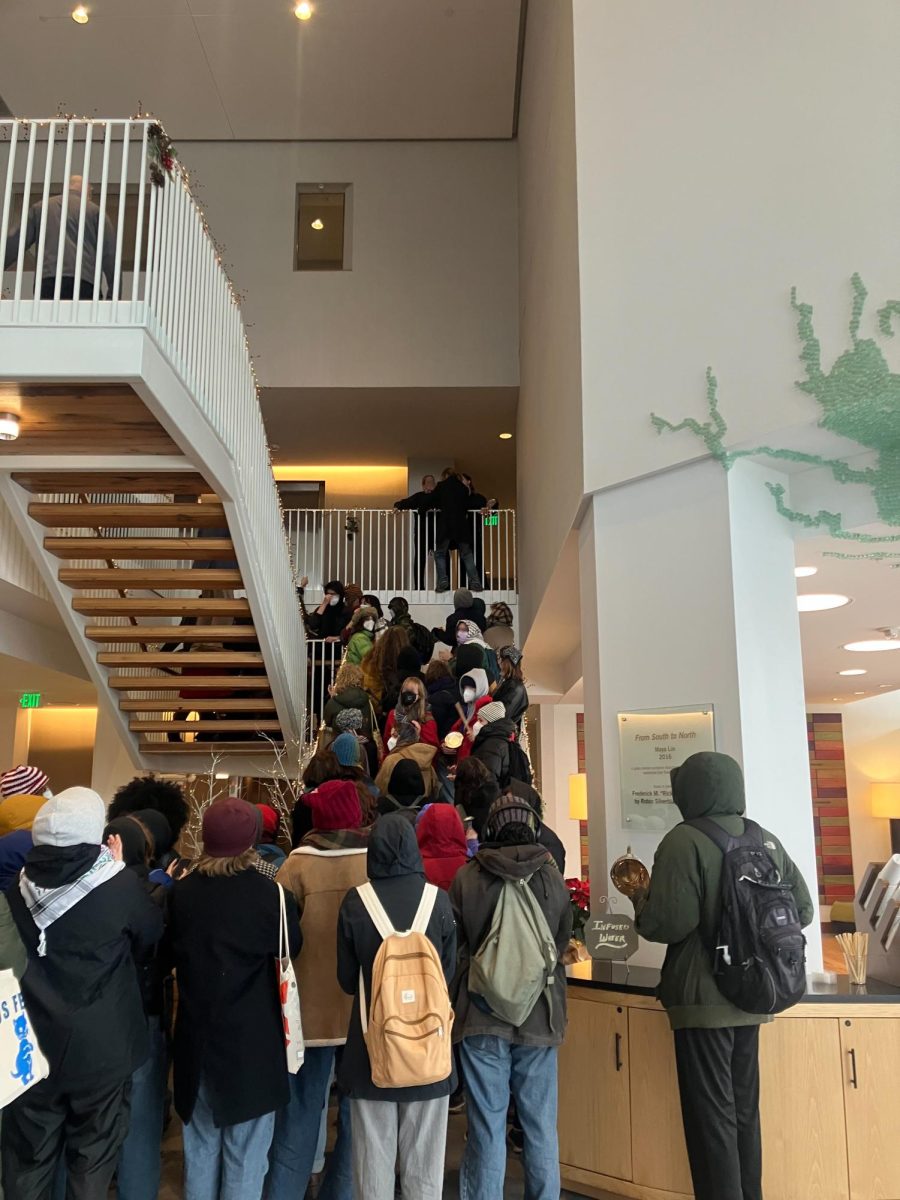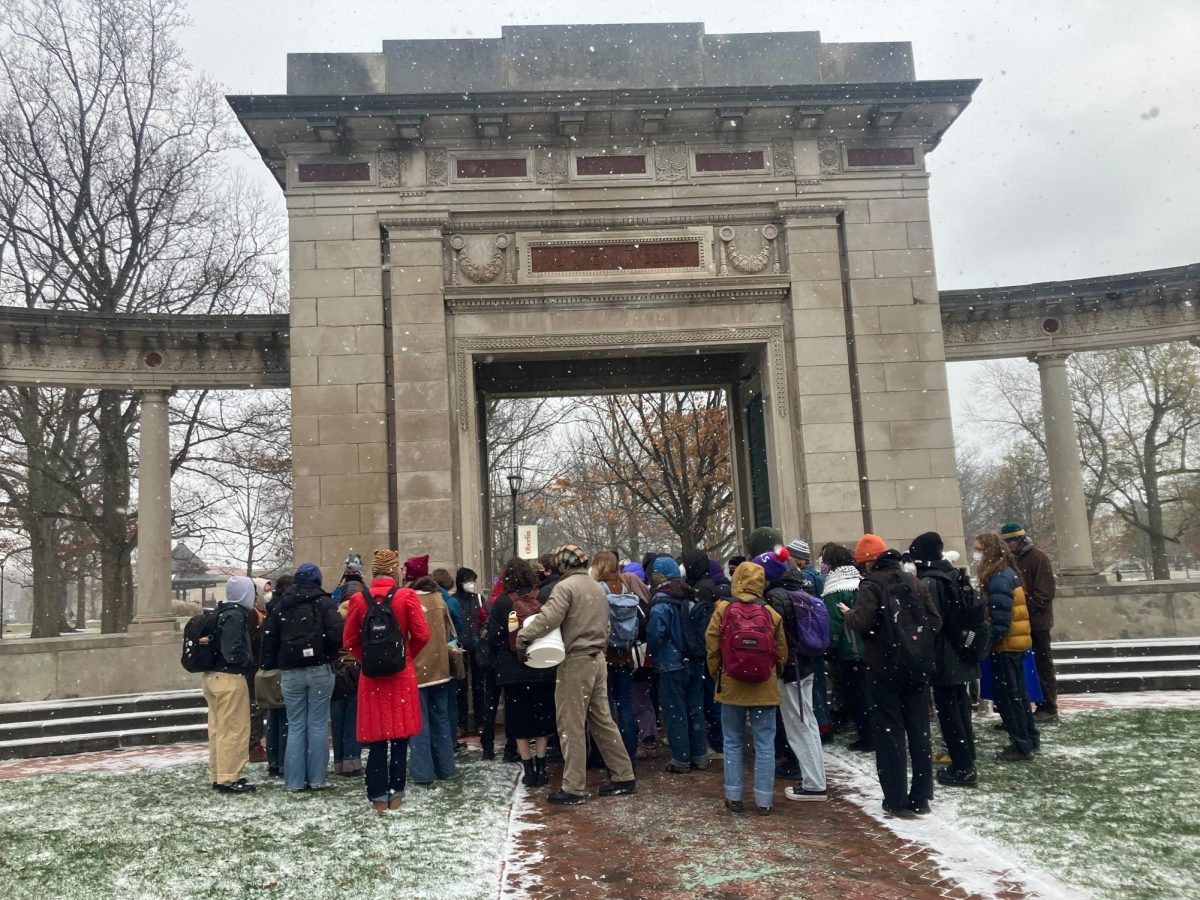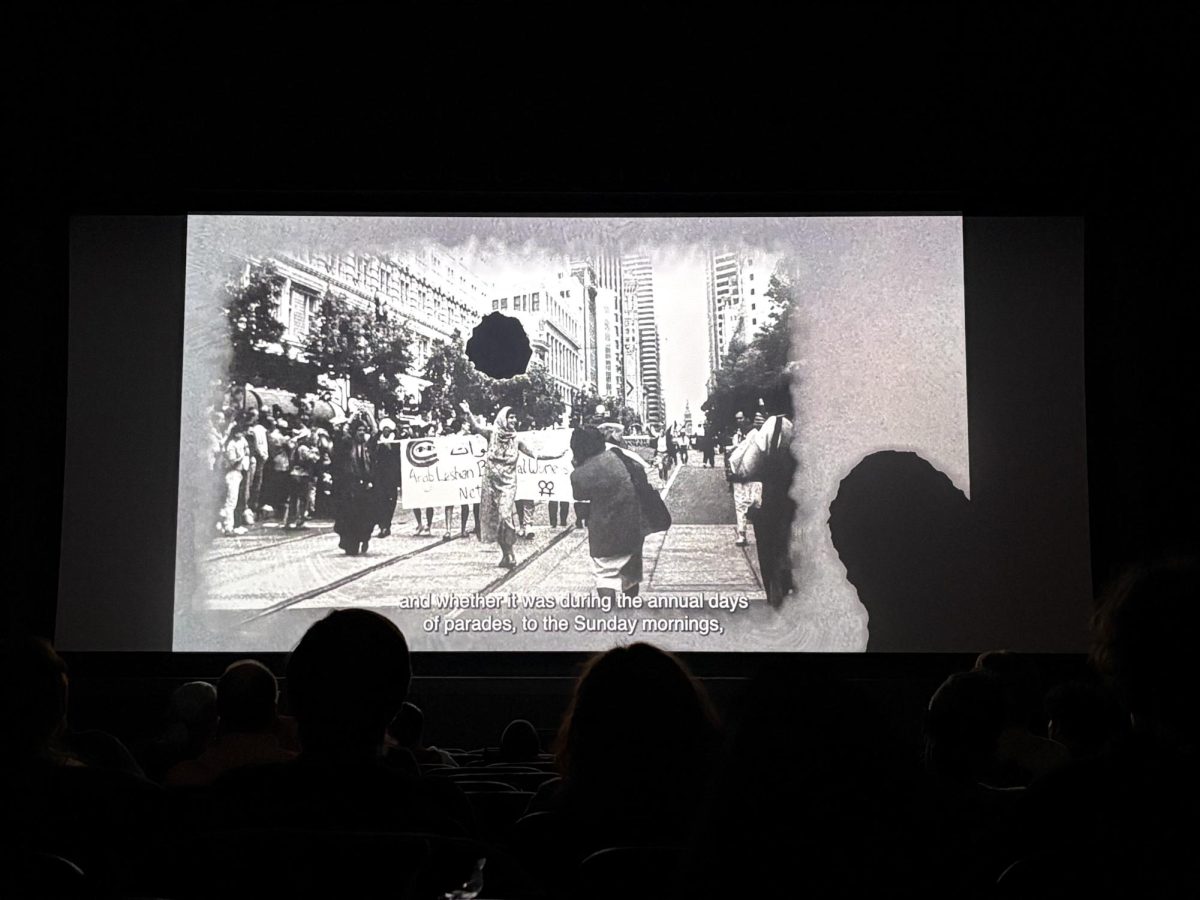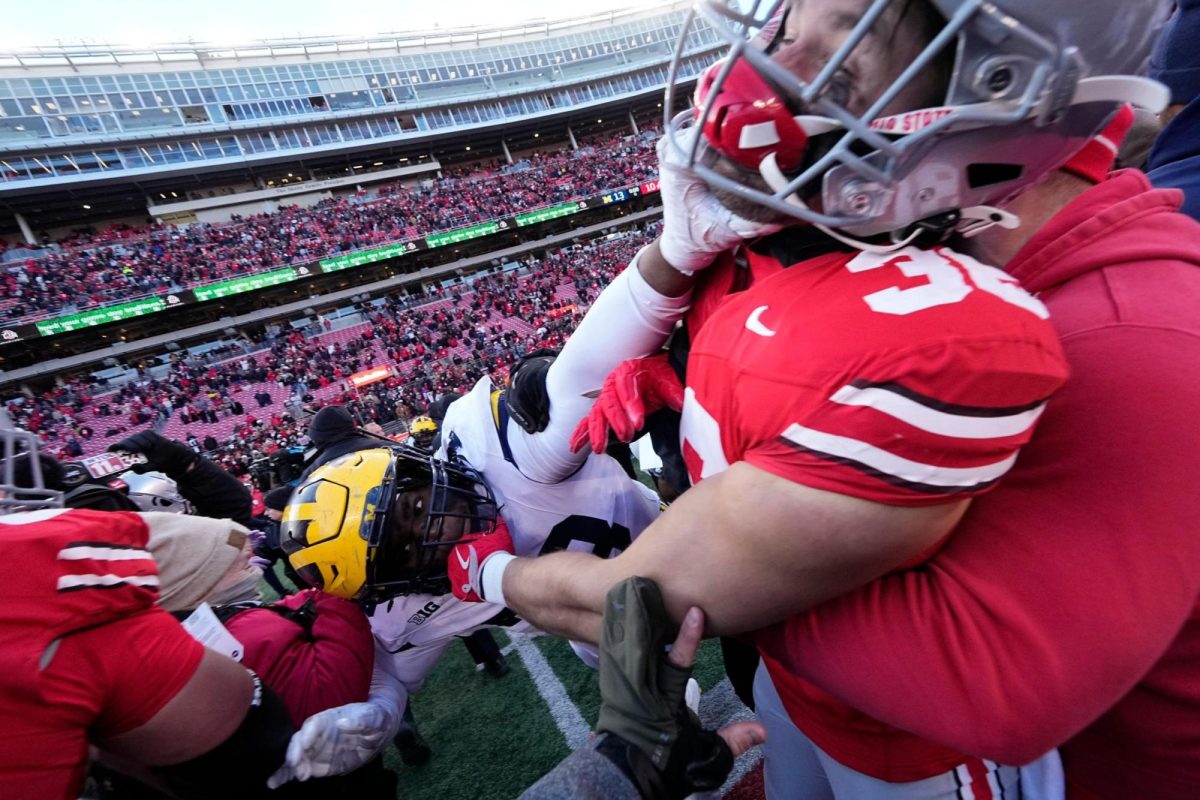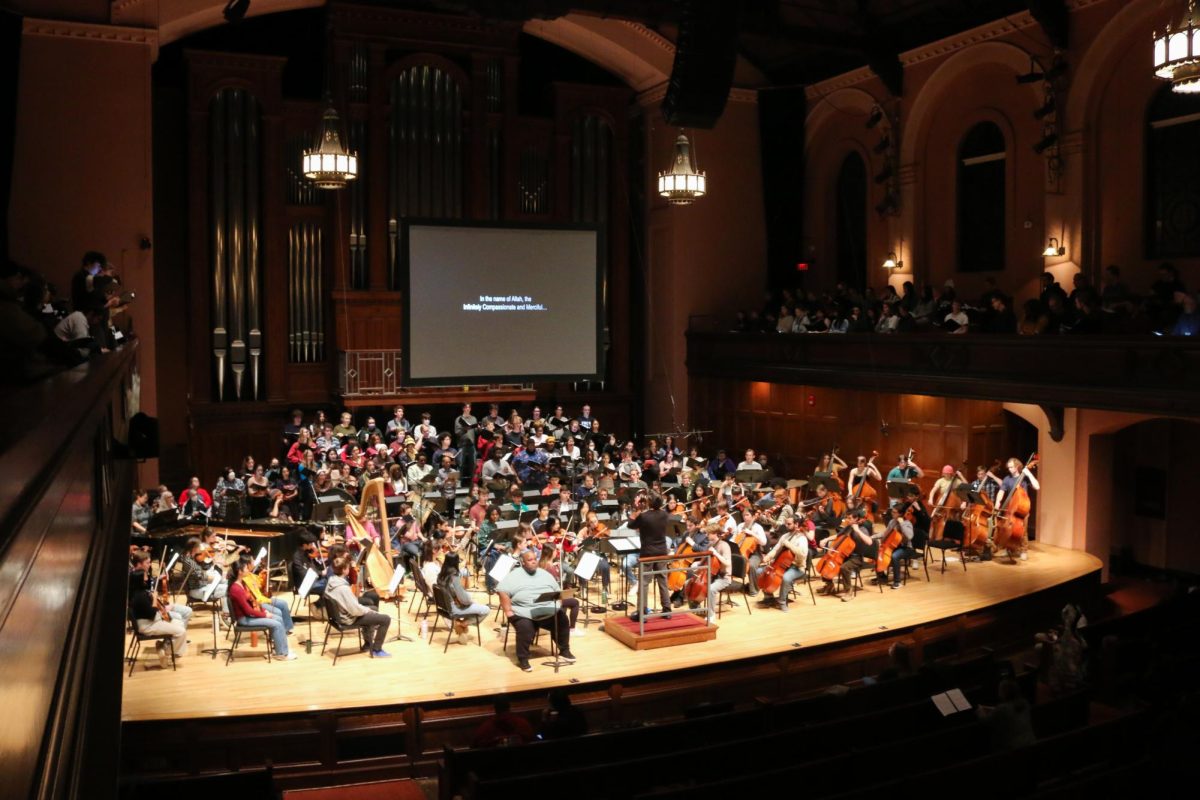Letter to the Editor: Review Letter on Fenty Presents Faulty Premise
March 11, 2011
To the Editors:
In a recent letter to the editor, (“Fenty Illegitimately Fired College Alumnus,” The Oberlin Review, March 4, 2011), Erich Martel, a Washington, D.C. Social Studies teacher, used a half-truth to leap, inductively and incorrectly, to a faulty premise. Upon this premise, Martel launched an ad hominem and slanderous attack upon a distinguished public servant, Adrian Fenty, OC ’92, the former Mayor of the District of Columbia. Martel simultaneously avoided the real issue: Namely, did the Fenty Administration help the public school children of the District or not?
The half-truth: Mr. Martel left out one-half of the description of the course Mr. Fenty and I will co-teach in the fall semester: POLT 105 — An Introduction to American Government: Politics and Policy.
– Mr. Martel correctly described one aspect of this course: Mr. Fenty “will draw on an original case study of his Administration, focusing on the politics of educational reform.”
– Mr. Martel, however, left out (more than) one-half of the course description, which states, in full:
This course, taught, in part, by Adrian Fenty, OC ‘92, the former Mayor of Washington, D. C., examines the relationship between running for office and governing, once in office. Issues include: What does it take to win an election? What does it take to make good public policy? What are the challenges of trying to do both? The exploration of these questions, based on the Mayor’s experience and an original case study of his Administration, is framed by a consideration of what has been and remains the fundamental issue of American political life: What should government do? (And not do?) The final paper assignment asks of students: “If you had been the Mayor, how would you have attempted to reconcile the making of good public policy with a successful re-election campaign?” Tuesday & Thursday 8 am – 9:50 Mr. Fenty and Mr. Dawson No pre-requisites Limit: 120
The inductive leap to a faulty premise:
– On the basis of his incomplete description of the course, Mr. Martel leapt to his faulty premise: “Why is a self-promotional account of his (Fenty’s) role in a confrontational version of school reform … accorded the appearance of objectivity as a ‘case study’?”
Really?? As any straightforward reading of the course description will make clear, Mr. Fenty is open to criticism and not self-serving. Moreover, he invites Oberlin students to analyze, independently, his record and to apply their creative insight and values to the task of figuring out what he could have done better.
That’s what we do in the social sciences at Oberlin: We ask tough questions of our public servants and ourselves, we encourage critical reflection, and we demand that arguments be based on data and subject to independent verification or falsification. (Apparently, something else passes for social science in Mr. Martel’s classroom.)
Most unfortunately, Mr. Martel’s rant ignores the real issue: Did the Fenty Administration help the public school children of the district or not?
- Have DC teachers been meeting the educational needs of school kids?
- Under Fenty, did objective measures of student proficiencies go up?
- Did drop-out rates go down?
- Did the cops make fewer (unscheduled) visits to the schools?
- Were special education needs identified much sooner than they used to be — or did autistic kids, for example, have to wait around until the fifth grade before someone noticed?
- Did the D.C. teacher’s union approve the new Fenty-supported contract?
Let’s set aside this media-inspired dust-up and focus on the schoolchildren who have been so badly served by so many for so many years.
-Paul Dawson
Professor of Politics


